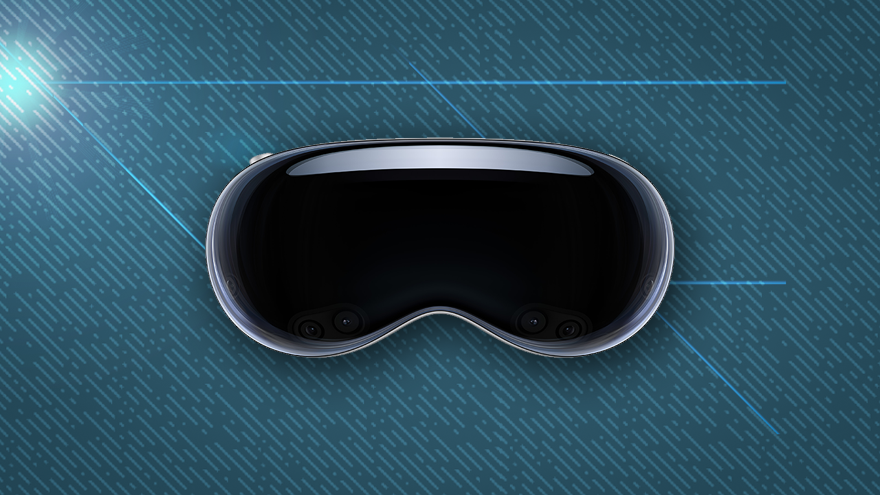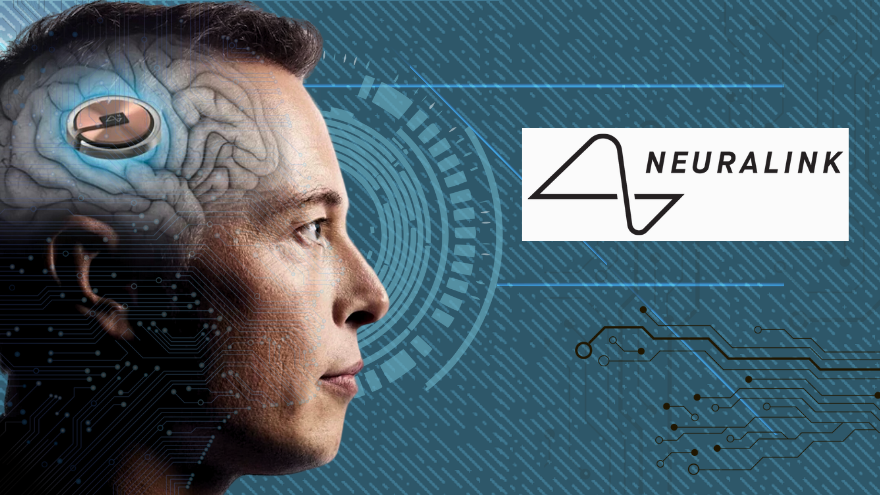A team at Stanford University found that the technology can cause visual aftereffects, lapses in judgments of distance, induce simulator sickness, and interfere with social connection. The team says in the study that it recommends “caution and restraint” for companies advocating for the daily use of these headsets. The researchers also call on scholars to conduct long-term studies on what impact the technology may have. “Given how far headsets with passthrough video have come, it’s time to dedicate serious academic thought to the psychological and behavioral effects of this technology,” Jeremy Bailenson, the Thomas More Storke Professor in the Stanford School of Humanities and Sciences and founding director of the Virtual Human Interaction Lab (VHIL), said in a press release about the research. “We want to understand the implications of living in a life in which we rely on passthrough for hours every day to see the world around us.” To conduct the study, 11 researchers spent at least 140 minutes over two or three sessions wearing Meta's Quest 3 video passthrough video headsets, which were released last year. Participants conducted normal activities, such as having conversations, walking outdoors, and cooking and eating food. For safety reasons, each participant had a chaperone who was not wearing a headset. “We took an observational approach, more akin to naturalists, and really dove into the medium in an exploratory way,” said study co-author James Brown, a master’s student in the Symbolic Systems Program. However, some effects still felt after removing the device can present challenges for users. "A plausible scenario could be walking down a flight of stairs and you miss a step, or driving a car and you misjudge distances,” said Bailenson. Additionally, many of the effects contribute to feelings of what researchers call “social absence,” which may include challenges discerning distant facial expressions and lack of eye gaze. Some effects may also lead to simulator sickness, a kind of motion sickness documented after virtual reality sessions. “When your eyes see the world move one way, and your body experiences it differently, simulator sickness can follow,” said Bailenson. “I was surprised because all 11 of us in this study are headset veterans, but even from relatively short periods of use, we tended to feel uncomfortable.”New research shows that augmented reality headsets, which overlay digital content onto the real world, can cause negative health impacts.
Technology /
Mixed Reality Headsets Causing Negative Aftereffects, Study Finds
Head researcher: 'I was surprised because all 11 of us in this study are headset veterans, but even from relatively short periods of use, we tended to feel uncomfortable'

*For corrections please email [email protected]*
